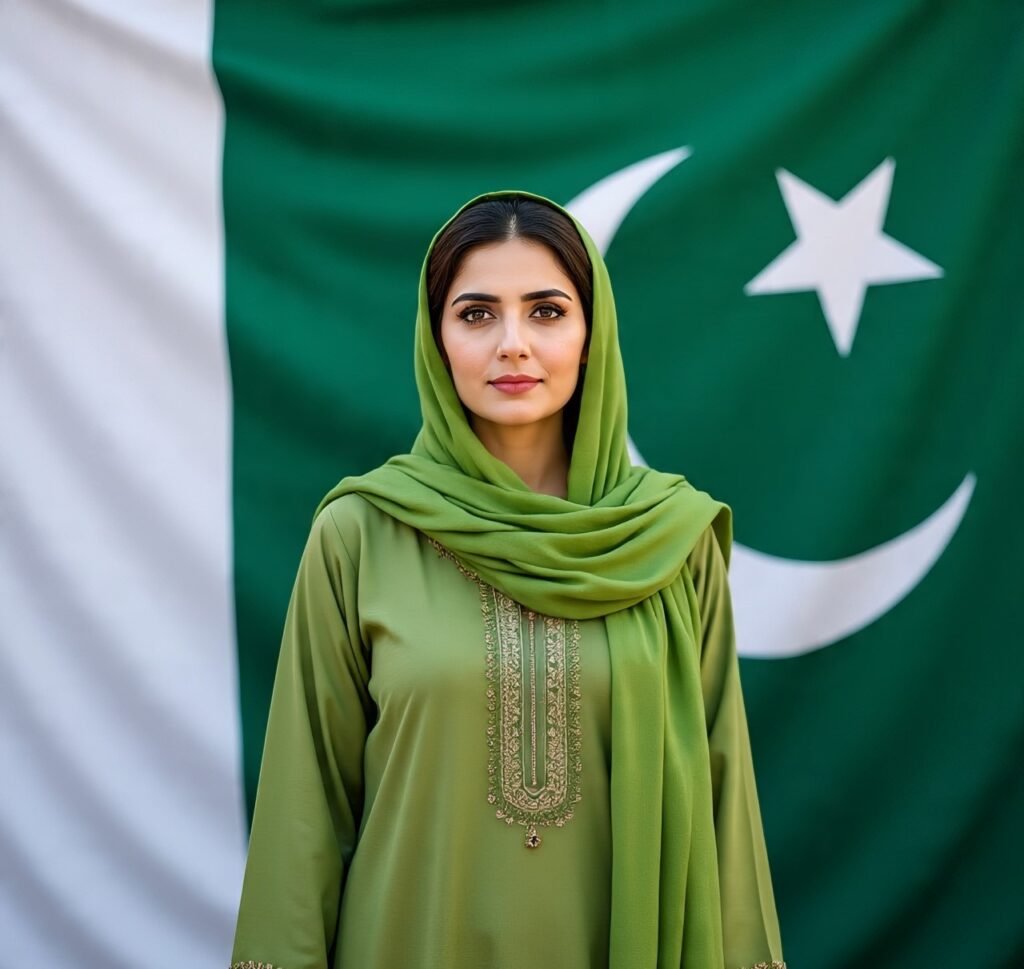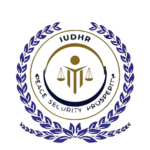15th July, 2025
By Implementation of Universal Declaration of Human Rights
Introduction
Women’s status in society is shaped by four critical and interconnected pillars: culture, violence, politics, and law. These structural elements deeply influence the lives, opportunities, and rights of women globally. Like many nations, Pakistan faces significant challenges regarding gender equality, particularly in terms of education, healthcare, economic access, and legal protection.
The Impact of Culture, Violence, Politics, and Law on Women
Culture, political power structures, and legal frameworks do not affect men and women equally. In Pakistani society, a diverse mix of ethnic, religious, and sectarian groups has created deeply embedded norms that often limit women’s roles and rights. As a result, Pakistani women lag behind men in multiple dimensions of life, including:
- Educational opportunities
- Healthcare access
- Political representation
- Economic empowerment
These structural inequalities perpetuate a cycle where women’s development remains stunted, making them more vulnerable to violence and societal exclusion.

The Consequences of Limited Representation
Due to low levels of personal and social development, women often face various forms of gender-based violence and discrimination. Social institutions and traditions continue to uphold gender inequality, restricting women’s ability to participate in public life. Unless these rigid structures are challenged, focused legal reforms will remain ineffective.
The Urgent Need for Legal Reforms and Inclusive Representation
Laws are often written and implemented by the dominant power group—typically men—which limits women’s participation in decision-making. Although women constitute 52% of Pakistan’s population, they are:
- Underrepresented in legislative and judicial bodies
- Often excluded from critical policy-making forums
- Disproportionately affected by illiteracy and poverty
This disconnect has resulted in policies made for women, not by women, weakening their influence and furthering inequality.
Inclusion in Policy-Making: A Path to Equality
To dismantle cultural conditioning and reduce gender disparities, women must be included in policy-making at every level. From parliament to community boards, female voices are essential in challenging harmful norms and advancing gender-sensitive legislation.
A society that empowers women in law, politics, and economics is a society that thrives. Inclusion leads to innovation, justice, and resilience.
Why a Diversified Society Matters
As social beings, humans rely on balanced participation to create strong institutions. Without the active involvement of women, no country can claim real progress. A diverse society promotes tolerance, growth, and equity—essential ingredients for sustainable development.
Understanding the Links Between Culture, Violence, Law, and Politics
Culture
Cultural traditions can often limit women’s status from family life to state institutions. These norms reduce their access to:
- Education
- Healthcare
- Legal representation
Gender roles defined by culture filter opportunities and disproportionately favor men.
Violence
Cultural justifications often condone acts of violence against women, including:
- Honor killings
- Domestic abuse
- Mental and emotional torture
Without robust systems to address and prevent these actions, violence remains a silent epidemic.
Law
Even when pro-women laws are passed, they are often poorly implemented or written without women’s perspectives. Male-dominated legal and political systems perpetuate control rather than offer protection.
The Way Forward: Real Change Requires Representation
Legal and political reforms must go hand-in-hand with real representation. Without women in the corridors of power, laws and policies will continue to favor the dominant group. It is not enough to study law—women must be included in shaping, practicing, and enforcing it.
We must commit to ensuring equal participation in all basic institutions—social, political, and legal—to truly improve the status of women in the state.
Conclusion
Empowering women is not just a women’s issue—it is a human rights issue. Only by including women at all levels of society can we achieve true justice and equality. At IUDHR, we strongly advocate for policy reforms, increased representation, and gender-sensitive laws to uphold the rights and dignity of every woman.
#WomensRights #GenderEquality #IUDHR #WomenEmpowerment #LegalReforms #EndGenderViolence #WomenInPolitics #EqualityNow #PakistaniWomen #HumanRightsForAll
About the Author
Shazia Tasleem Kasi ASC
President Women & Children Rights (Pak Chapter)
IDUHR (UN Charter).
